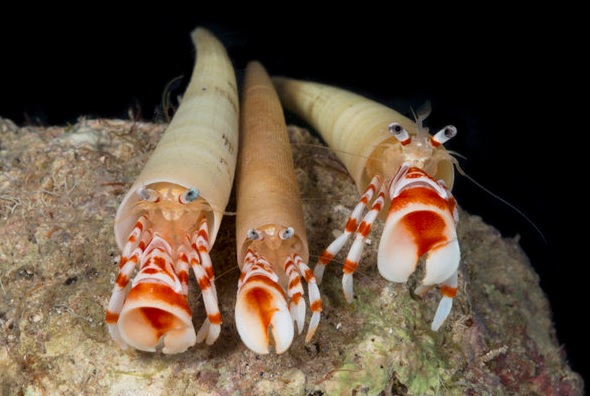ARGENTINA
A group of scientists from Argentina and the United States conducted GPS measurements to determine the new height of Mt. Aconcagua as 6960.8 meters above sea level. This research is part of an international study of the Central Andes whose main objective is to measure changes in the Earth’s crust.

Certain lipids present in the testicular cells of sheep and cattle are being studied by scientists at Argentina’s Universidad Nacional del Sur. These could be used to solve fertility problems in both species and are also expected to be associated with male infertility.
BRAZIL
An Amazonian community has threatened to go to war with the Brazilian government over the construction of hydropower dams on the Tapajos river—the fifth largest river in the Amazon basin. The Munduruku community has said the presence of construction teams is an act of military incursion. The development teams are accompanied by military personnel for protection.
Using stratospheric balloons, at a distance of 40 km from the earth, a group of scientists observed the terahertz frequency band to better understand the power generation of solar flares.
CARIBBEAN
The first live specimens of a hermit crab have been found in the Caribbean. Pylopagurus discoidalis had previously only been known through dry specimens collected more than a century ago. They were found off the coast of Curacao.
CHILE
Chile has halted the construction of the US$16.5 billion Pascua Lama gold mine, citing environmental concerns. Santiago’s Court of Appeals issued an order suspending construction on Wednesday. Canadian mining company Barrick Gold had already started construction of the open-pit mine at an elevation of 13,200 feet on the Chile-Argentina border. The indigenous Diaguita group filed the environmental complaint that led to Wednesday’s ruling.
LATIN AMERICA
By 2030 there will be 191 million obese in Latin America, says a new study from the World Bank. Brazil and Mexico will be the countries that will be most affected in the region. Experts say that the main causes of this increase are the displacement of people from the countryside to cities with more sedentary jobs, the routine use of transportation and the consumption of cheaper food with less nutritional value.
PANAMA
The whitefly can cause crop losses in tomatos by transmiting various viruses to the crop and Begomovirus severely affects tomato production in Central America. Scientists led by the Central Agricultural Research Institute in Panama are developing resistant varieties which may be available to producers in the short term. The team, which has collaborated with the International Center for Tropical Agriculture, has conducted a series of field trials in Guatemala, Costa Rica, Nicaragua, El Salvador and Panama with promising results.
